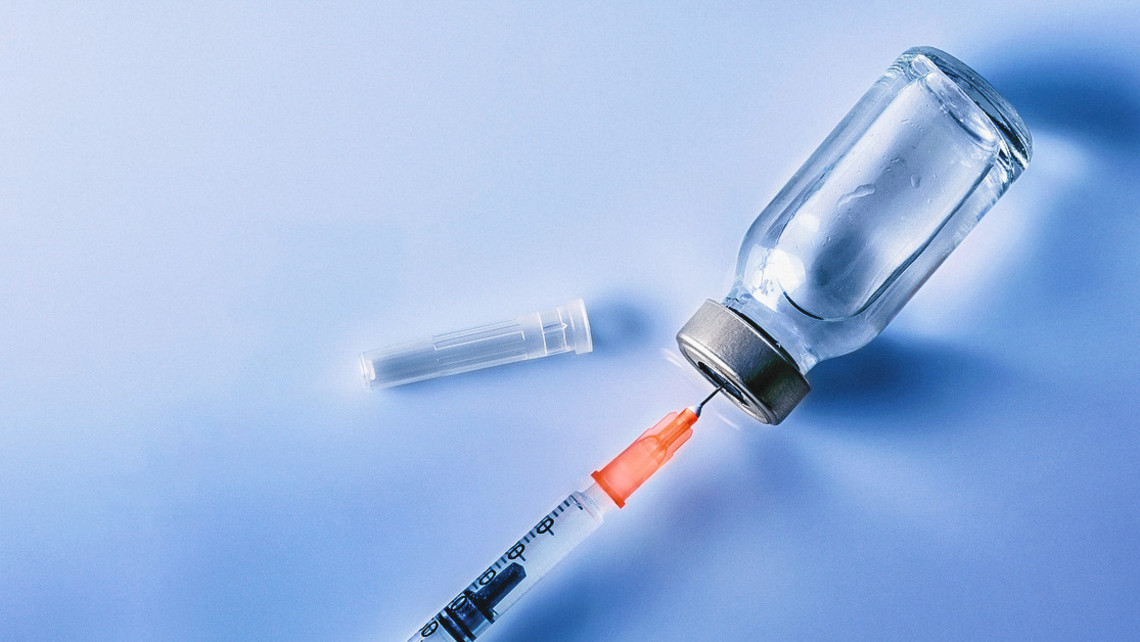
As the world races to find an effective vaccine to defeat the COVID-19 pandemic, and even before we know if we will have a moral issue over of the use of vaccines derived from the corpses of aborted babies, we already are seeing moral confusion. Unfortunately, the English Bishops have preemptively put out a position paper on the use of such problematic vaccines for COVID-19 which is seriously flawed. It is fundamentally flawed: 1) in its moral analysis, 2) in its implication that the sole moral consideration is the grave need and thereby implying that the end can justify the means, 3) in its claim that there is a moral obligation for the faithful to receive the vaccine regardless of its origin (which as stated is both wrong and a grave offense against conscience), and 4) in its failure to take the opportunity to form Catholics properly by teaching them principles so the faithful are able to take responsibility for discerning proper moral actions in complex situations for themselves rather than providing overly simplistic answers.
The English Bishops' document's moral analysis relies on a 2017 Note published on the Pontifical Academy for Life (PAL) website, which was done in collaboration with the Italian Bishops' Conference’s National Office for Health Pastoral Health Care (CEI) and the Association of Italian Catholic Doctors. The PAL (et al.) Note appears to contradict previous Instructions by the Congregation for the Doctrine of the Faith (CDF; in 1987 and 2008) and a 2005 detailed analysis by the PAL itself. The 2017 PAL Note considers only the temporal separation between vaccine production and the original abortion, which the Congregation for the Doctrine of the Faith in its 2008 Instruction Dignitatis personae (DP) says is a necessary condition but to leave the moral analysis there is insufficient to assess the liceity of such vaccines.
The Note fails to consider the moral obligation to avoid the objective circumstances of scandal and to avoid cooperation in sinful structures of sin, in this case the abuse and trafficking in corpses of aborted children (and products derived from such). The CDF made it clear in its 1987 Instruction Donum vitae that these are inherent moral evils. The Note suggests that medical advances and conditions of vaccine preparation could change the moral analysis of 2005 PAL document, and with which the 2017 Note seems to acknowledge it is in conflict. It is not clear how these new circumstances could change the 2005 analysis, which was much more thoroughly done. Therefore, the 2017 PAL (et al.) document must be put "in parenthesis" until its apparent conflict with higher authority teachings can be resolved.
Mother of the Americas Institute has prepared a document on the ethics of the use of COVID-19 vaccines from morally problematic sources. It provides our assessment of the moral implications of such use. In summary, we find that no broad statement can be made safely about the use of these vaccines because it will depend upon various considerations. First, use of such vaccines must be at most, remote, mediate material cooperation to be licit. If it passes this criteria, then an assessment of specific, individual circumstances is needed to apply criteria under the principle double effect. Double effect requires that before use can be considered licit, the circumstances be grave, that there are no other options, and that the proportion of good achieved or evil avoided must be much greater than the evil of cooperation.
While we know the circumstances to be grave, that is not sufficient. We do not know if there will be other alternatives. If there are, then use of vaccines derived from morally problematic biological material cannot be permitted. Moreover, the analysis will depend upon the assessed efficaciousness of the vaccine, the needed percentage of the population to take it to provide adequate herd immunity, the risk to the person receiving it, the expected benefit to the person taking it, the expected benefit to those who are at greatest risk and cannot take it. We do not know the answers to any of these questions. When we do know the answers, they must be individually evaluated, so no generalized moral assessment can be given. Nevertheless, even if it is assessed to be licit for a large portion of people no one can be compelled to cooperate with evil, however remote. Rather, we must form consciences so that individuals can discern for themselves, the choice between the greatest good and least evil in cases where remote, mediate cooperation with evil could be permitted.
It is a sad mark of our time that we seem to have so lost a sense of the horror of sin, that we regularly, hurriedly rush to embrace a worldly consensus and in so doing, scandalize (in its authentic meaning) the faithful and society. Furthermore, we are not being pastoral when we think the laity incapable of appropriating complex ideas and so we try to make matters so simple that we mislead them. Pastoring means leading them to Christ, not telling everyone they have a dubious obligation to get vaccinated. We need to take this opportunity to properly form the laity so that they may be better prepared to take up their responsibilities to bring the Gospel to the temporal sphere and to witness to the world that there are greater goods than just physical wellbeing.
Please take some time and read our paper to prepare yourself in this matter of discipleship, COVID-19 Vaccines Derived from Human Cell Lines of Illicit Origin: A Moral Assessment.




